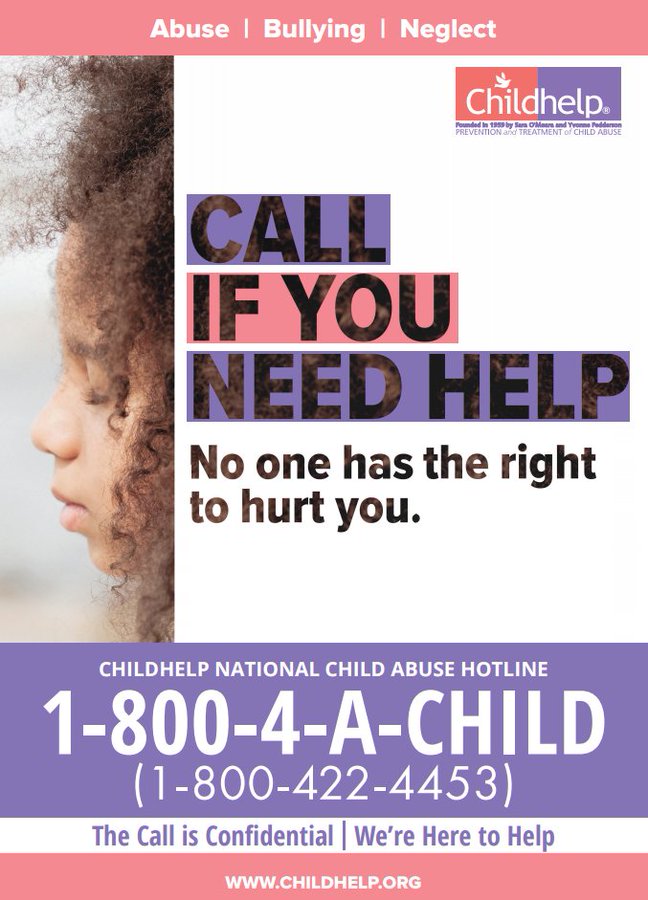For some children, home is the least safe place to be
April 30, 2020
“Hundreds of millions of children around the world will likely face increasing threats to their safety and wellbeing–including mistreatment, gender-based violence, exploitation, social exclusion and separation from caregivers—because of actions taken to contain the spread of the COVID-19 pandemic.” – UNICEF
During these times of staying safely at home, families suddenly have a huge amount of time to spend together like never before. These can be fun times of family bonding for many children, but it can also be a time of fear for many others.
Sometimes being home doesn’t mean a child is safe. School, daycare and activities such as athletics can be the safest places for some kids. These are often places where students can learn and explore their interests with other children their age. These activities give them a routine and keep them accountable for their learning. But since all of that is closed and everyone has to stay home with their families, whether they want to or not, these children no longer have the options of places like these in which to escape.
Studies show that stress in families leads to an increased risk of abuse to children, especially during these uncertain times. The United Nations, using a data compiled from 3 universities, including including Johns Hopkins University in Baltimore, estimated an increase of more than 15 million domestic violence incidents every three months during a global lockdown, according to CBS News. While many of these incidents may be between domestic partners, there is no doubt that hundreds of thousands of children will be impacted as well. The World Health Organization notes that abuse increases with financial troubles, and with 30 million Americans out of work, many families will be facing more turmoil than ever before. Some parents are also forced into difficult working situations and may neglect children as well. Others are not used to taking care of their children for so many hours, so they are unsure of how to deal with their daily needs.
“Very few people are used to being around kids 24 hours a day, seven days a week. The worst thing for families is when there is incredible stress there is a higher risk for potential abuse,”said Angela Liddle, president and CEO of Pennsylvania Family Support Alliance, a nonprofit child protective services organization, in an interview with ABC News.
These are both factors that lead to an increase of abuse of children during these uncertain times. According to Sophie Phillips, a chief executive officer of TexProtects, a statewide child advocacy organization, there has been a 48% decrease in reports to Texas’ child protection services (CPS) statewide intake system since the beginning of her state’s lockdown. Other states are experiencing the same decline. But the decline in calls is likely misleading. Children are often too afraid to call help organizations, while parents are home, particularly if the parent is trying to prevent the child from reaching out for support. Schools and other professionals who spend time with children often make these calls to protect these children.
But there is the opportunity to send short text messages to several organizations, like the Justice for Children (1-866-246-5822), which will try to help the affected child in a more discreet way than a traditional phone call. The American Professional Society on the Abuse of Children also has resources to help parents who are struggling.
Even though the social distancing rules make it harder for social workers to have access to kids that need help, they will try their best to come and advise children and families in need.
If you or someone you know are affected and need help, there are places you can go for help. One of these is the Childhelp National Child Abuse Hotline: 1-800-4-A-CHILD (1-800-422-4453).
